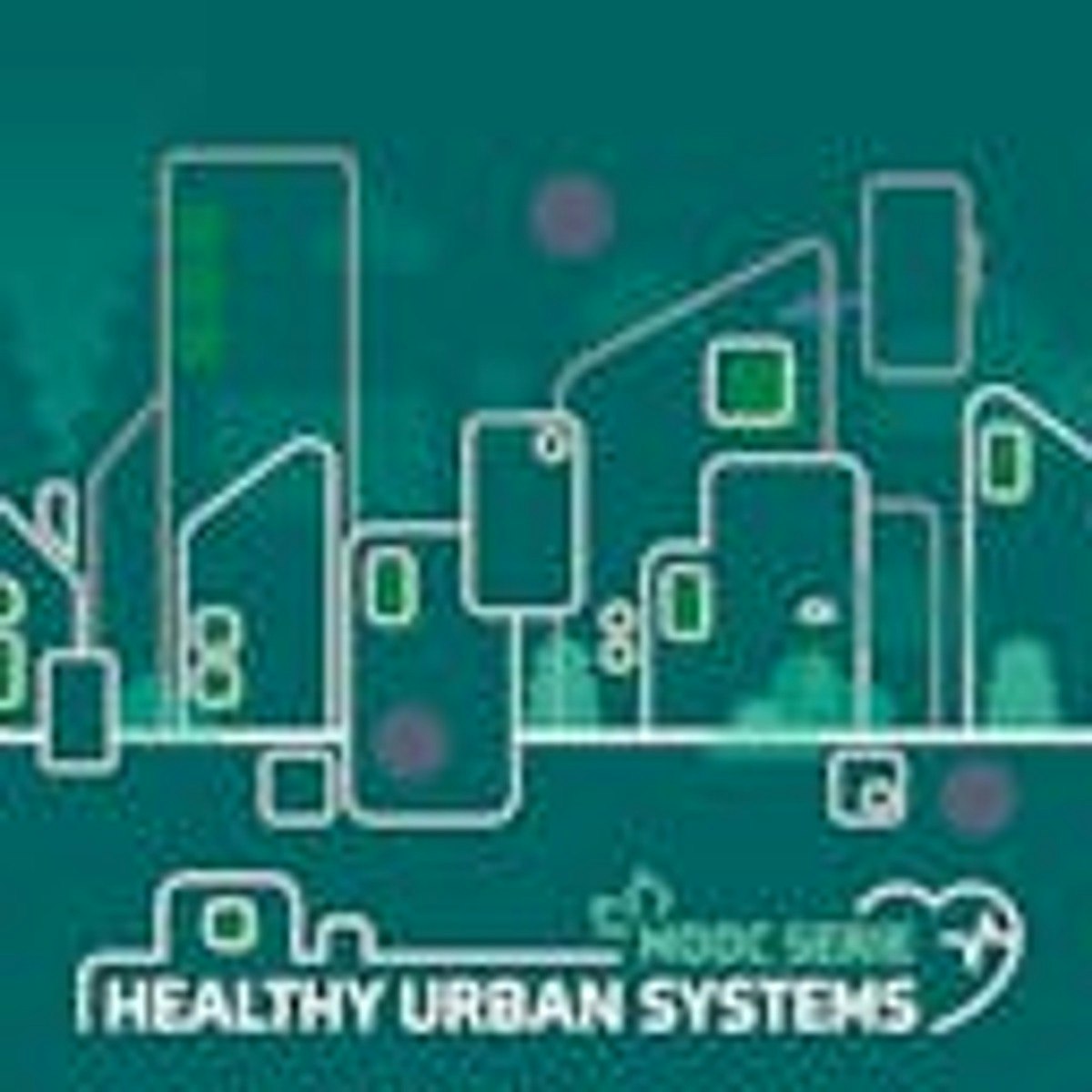
This MOOC is the third part (out of three parts) of the whole MOOC on Healthy Urban Systems. This PART III is very recommended (but not obliged) to take after the PART I and PART II. Once you understood the main concepts and visions of Urban Health, and the best practices of observation in PART I, the theories and models in PART II, you are better prepared to take this PART III on Design and policies.
Read more
This MOOC is the third part (out of three parts) of the whole MOOC on Healthy Urban Systems. This PART III is very recommended (but not obliged) to take after the PART I and PART II. Once you understood the main concepts and visions of Urban Health, and the best practices of observation in PART I, the theories and models in PART II, you are better prepared to take this PART III on Design and policies.
This MOOC is the third part (out of three parts) of the whole MOOC on Healthy Urban Systems. This PART III is very recommended (but not obliged) to take after the PART I and PART II. Once you understood the main concepts and visions of Urban Health, and the best practices of observation in PART I, the theories and models in PART II, you are better prepared to take this PART III on Design and policies.
This PART III lasts 4 weeks, comprising two modules of 2 weeks each. The number of credits is 2 ECTS. To obtain these credits, you should achieve all the statements required each week. The final elaboration of a policy design and Health Impact assessment on your proper urban health question, will be specifically evaluated.
What's inside
Syllabus
Welcome and Introduction
Week 1 : Scenarios design for adapting urban health systems
Week 2 : Design for the Urban Health Scenario
Read more
Syllabus
Good to know
Save this course
Activities
Review Urban Health Concepts
Show steps
Will provide a strong context for the information covered in this course.
Browse courses on
Urban Health
Show steps
-
Review notes, assignments, and materials from previous Urban Health courses or modules.
-
Read through key articles and publications on Urban Health and Healthy Urban Systems.
-
Take practice quizzes and exams on Urban Health topics.
Show all one activities
Review Urban Health Concepts
Show steps
Will provide a strong context for the information covered in this course.
Browse courses on
Urban Health
Show steps
- Review notes, assignments, and materials from previous Urban Health courses or modules.
- Read through key articles and publications on Urban Health and Healthy Urban Systems.
- Take practice quizzes and exams on Urban Health topics.
Career center
Policy Analyst
Research Scientist
Health Policy Analyst
Urban Planner
Environmental Health Scientist
Public Health Administrator
Community Health Educator
Health Promotion Specialist
Health Policy Researcher
Epidemiologist
Health Economist
Social Scientist
Statistician
Geographer
Historian
Reading list
Share
Similar courses
OpenCourser helps millions of learners each year. People visit us to learn workspace skills, ace their exams, and nurture their curiosity.
Our extensive catalog contains over 50,000 courses and twice as many books. Browse by search, by topic, or even by career interests. We'll match you to the right resources quickly.
Find this site helpful? Tell a friend about us.
We're supported by our community of learners. When you purchase or subscribe to courses and programs or purchase books, we may earn a commission from our partners.
Your purchases help us maintain our catalog and keep our servers humming without ads.
Thank you for supporting OpenCourser.



